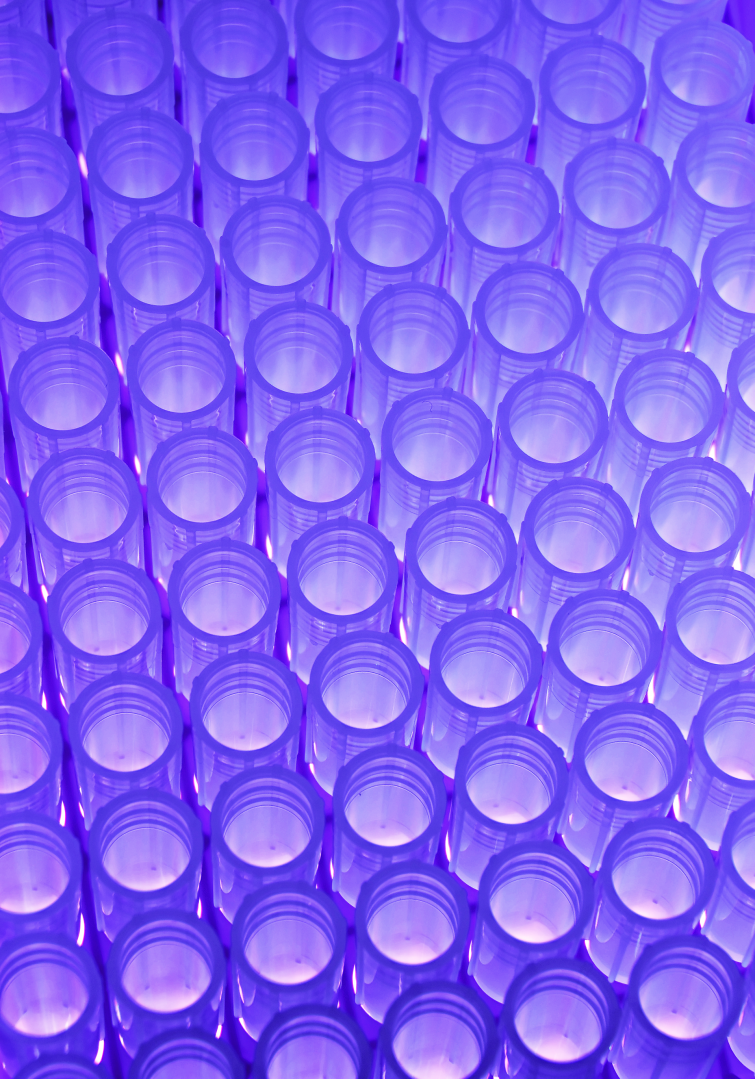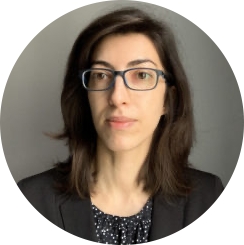
 award
award
Iuliana Ene recognized by the prestigious CIFAR research organization and invited to contribute to one of its six major research programs
The Canadian organization CIFAR, founded in 1982, is a leader in the global research community. For nearly 40 years, more than a thousand researchers from over 30 countries have contributed to the organization's internationally acclaimed research programs.
CIFAR currently has an interdisciplinary community of researchers working in four broad thematic fields: "Life & Health," "Individuals & Society," "Information & Matter," and "Earth & Space." The researchers supported by CIFAR are involved in tackling wide-ranging societal challenges, and many regularly receive prestigious international awards in recognition of their efforts.
CIFAR is also committed to supporting outstanding early-career researchers and group leaders. With its CIFAR Azrieli Global Scholars Program, CIFAR, supported by the Azrieli Foundation, offers two-year grants of CAD 100,000 and also a mentoring program to help young PIs strengthen their leadership skills. CIFAR Azrieli Global Scholars also join CIFAR's research programs for two years to work with grant holders and propose new approaches to the most important issues facing science and humanity.
 This year, in connection with the CIFAR Azrieli Global Scholars Program, 19 beneficiaries were selected from more than 300 applications across a range of research fields. They include Iuliana Ene, Head of the Fungal Heterogeneity five-year group in the Department of Mycology. She is one of the three beneficiaries, and the only researcher in France, to join the "Life & Health" program "Fungal Kingdom: Threats & Opportunities." The aim of Iuliana Ene's research is to improve our basic understanding of the way in which fungal organisms interact with the host, their adaptation mechanisms to the challenges raised by host defense systems, and the way in which they escape and adapt to antifungal treatments. She also intends to harness this knowledge to develop more effective therapeutic strategies.
This year, in connection with the CIFAR Azrieli Global Scholars Program, 19 beneficiaries were selected from more than 300 applications across a range of research fields. They include Iuliana Ene, Head of the Fungal Heterogeneity five-year group in the Department of Mycology. She is one of the three beneficiaries, and the only researcher in France, to join the "Life & Health" program "Fungal Kingdom: Threats & Opportunities." The aim of Iuliana Ene's research is to improve our basic understanding of the way in which fungal organisms interact with the host, their adaptation mechanisms to the challenges raised by host defense systems, and the way in which they escape and adapt to antifungal treatments. She also intends to harness this knowledge to develop more effective therapeutic strategies.
Find out more about the 2021 CIFAR-Azrieli program